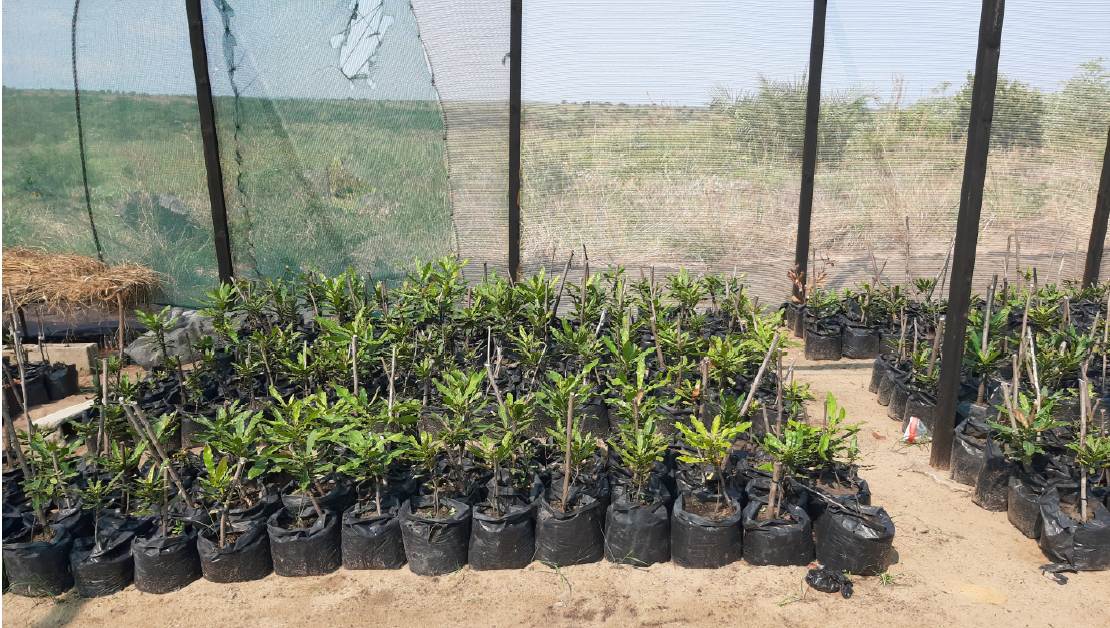
Mozambique has agro-economic conditions for the cultivation of various crops. The district of Bilene in the province of Gaza has conditions for the cultivation of macadamia, cashew, rice, corn, beans and vegetables. Macadamia and cashew nuts have a potential external market, existing at the level of companies that are dedicated to process these nuts for export.
There is currently a shortage of macadamia and cashew supply, and this project by SUPER KWICK seeks to increase the availability of raw products by promoting their cultivation. At the planting stage, these crops require a lot of water for irrigation.
The use of renewable energy to pump water for distribution to the agricultural fields is an opportunity to ensure the sustainability of the crop.
Besides the promotion of crops for export, the project also seeks to promote the production of crops for domestic consumption, since the country still cannot meet its needs in terms of vegetables and cereals, hence resorting to importing rice from Asian countries and vegetables from neighboring South Africa.
With the funds received through the BCI SUPER credit line, SUPER KWICK Lda will install a solar system capable of generating 2515W of power to enable the pumping of water for irrigation of the macadamia, cashew, rice, bean crops farms covering an area of 30 ha.“The use of solar energy for water pumping offers an opportunity to increase the productivity of farmers in the Bilene region, who currently practice rain fed agriculture that depends solely on rainfall”. Aldo Gomes dos Santos Baúque, general manager, SUPER KWICK Lda.
The implementation of this project will bring benefits to the communities of Mhate and Chilengue in Bilene district as it will serve as a bench mark for their migration from rain-fed agriculture to solar powered irrigation agriculture where production occurs all year round due to the permanent availability of water. The practice of solar-powered irrigation based agriculture will impact on the food security of the communities as well as increase their income and production surplus for commercial purposes.
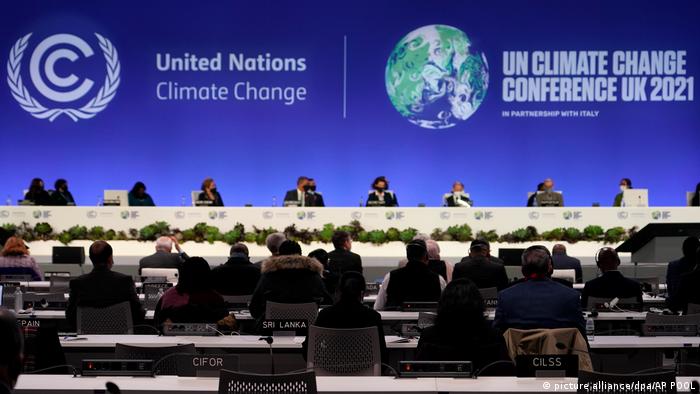
Mozambique joined other world governments at the 2021 United Nations 26th Climate Change Conference, more commonly referred to as COP26, held at the SEC Centre in Glasgow, Scotland, United Kingdom, from 31 October to 13 November 2021
Speaking at the United Nations Conference, the Prime Minister of Mozambique Carlos Agostinho do Rosário committed the country to achieving 62% of energy from renewable resources by 2030.
One of the matters under discussion is the transition away from fossil fuels. Under the Paris Agreement coal should cease to be used as a fuel by 2050. Mozambique possesses major coal deposits, and just two decades ago, it was expected that coal would be a major driver of Mozambican development.
“It is a priority for Mozambique to implement an energy transition program based on a diversified matrix, with cleaner and more environmentally friendly sources, in line with our country’s development programs,” the prime minister said, indicating investment in hydroelectric, solar and wind power.
However, transitioning away from energy based on fossil sources entails costs, and must be a phased process.
“Mozambique prefers an energy transition to cleaner and more environmentally friendly energies that is gradual and phased, in order to minimize the impact on the process of economic development in our country,” explained the Prime Minister.
In this sense, the country intends to make the energy transition process via natural gas, even though it is considered non-environmentally friendly, a decision influenced by the discoveries of great qualities of this resource in the national territory.
“Mozambique proposes to use natural gas as a transition to cleaner energy sources,” and with that, Carlos Agostinho do Rosário guaranteed that the country will do everything to “reach, by the year 2030, the levels of 62% of the contribution of renewable energies in the national energy matrix within the scope of the Sustainable Development Goals”.
Reference: https://allafrica.com/stories/202111120052.html
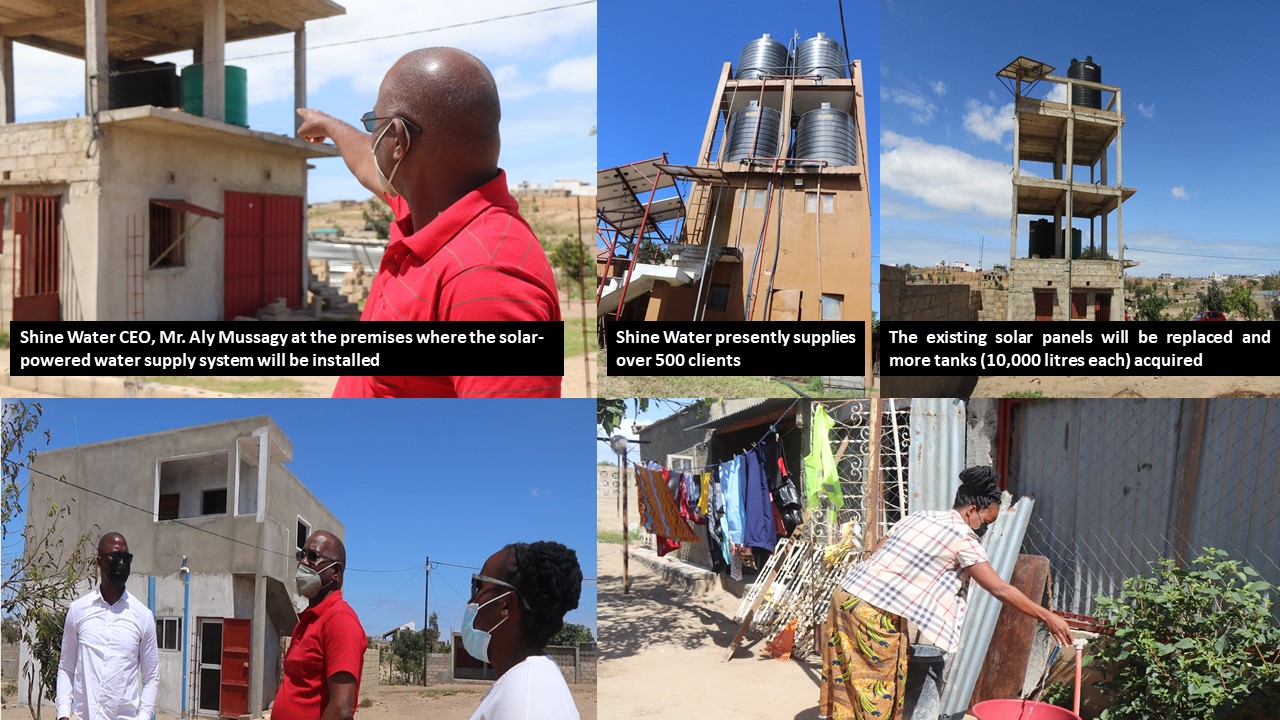
On 11th November 2021 the TSE4ALLM project team made a field visit to Shine Water & Serviços LDA (SWS), the first recipient of the BCI SUPER credit line for the financing of renewable energy systems in Mozambique. The visit made 2 weeks after the disbursement of funds to the beneficiary was guided by the following objectives;
1.Soliciting beneficiaries’ views about their past experiences of access to water using the electric powered system
2.Identifying the social-economic benefits of the SWS to the communities through the lens of the beneficiaries
3.Understanding the challenges ahead and the next steps for ensuring effective implementation of the recently funded project
4.Providing media coverage of the SWS story
Beneficiaries views about the coming project
The project team obtained responses from the SWS beneficiary groups including community leader, project implementers, system technicians, and water consumers/clients.
Since inception in 2008, the Shine Water project has grown from supplying 20 customers to over 100 to date. According to the company’s CEO the solar powered supply systems will expand the reach to the communities of over 500 clients. “Currently we have 1 tank at the site but with the Solar system in place, we shall be able to install 4 water tanks of 10,000 litres powered by a solar system of approximately 5kW installed capacity” –Mr. Aly Mussagy, CEO
In the past the company solely depended on a water supply system powered by the utility grid which often resulted in various challenges including limited supply of water caused by frequent disruptions of electricity supply, high operational costs, and equipment failures caused by the instability of the electrical grid. “We used to receive water only twice a day but we hope this will change with the adoption of another system that does not only depend of electricity, we hope to receive water 24 hours a day”, Informed one of the female SWS clients.
Prospective socio-economic benefits of the solar-powered water supply system
Besides supply water to households, the Shine Water solar powered water supply system will expand its current reach to cover health centres, schools, construction brick laying sites, and subsistence horticultural gardens. According to community members, most residents of FAO/Nhumbane locality (90% women) depend on the income generated from the selling of vegetables and fruits produced from their subsistence gardens and reliable 24 hours per day water supply is necessary for increased productivity, and thus more income generation.
Challenges ahead and steps toward effective implementation
The coming into force of the National Water Supply and Sanitation Strategy implemented by FIPAG (the Water Supply Investment and Property Fund) that requires that all habitants should only depend on the public water supply is a potential threat to services of private entities like Shine Water LDA. “As we speak almost all households including our clients have been added to the FIPAG water supply network, we hope that a solution can be found to keep private suppliers in the supply chain” – Shine Water LDA system technician
Despite the challenges ahead, Shine Water & Serviços LDA, continues to remain at the forefront in providing a reliable solution to the water supply related challenges that the of FAO/Nhumbane community faces. “In a month’s period we shall have a fully-fledged solar powered water supply system installed and more clients accessing water 24 hours a day” Mr. Aly Mussagy- CEO Shine Water, LDA
Media coverage of the Shine Water disbursement story
The story for the disbursement to Shine Water was covered in 2 media houses namely;
•The office of the Prime Minister Information department (Jornal de Moçambique) --- 15/10
•Jornal Noticias- 13/10
•Diário de Moçambique -26/10
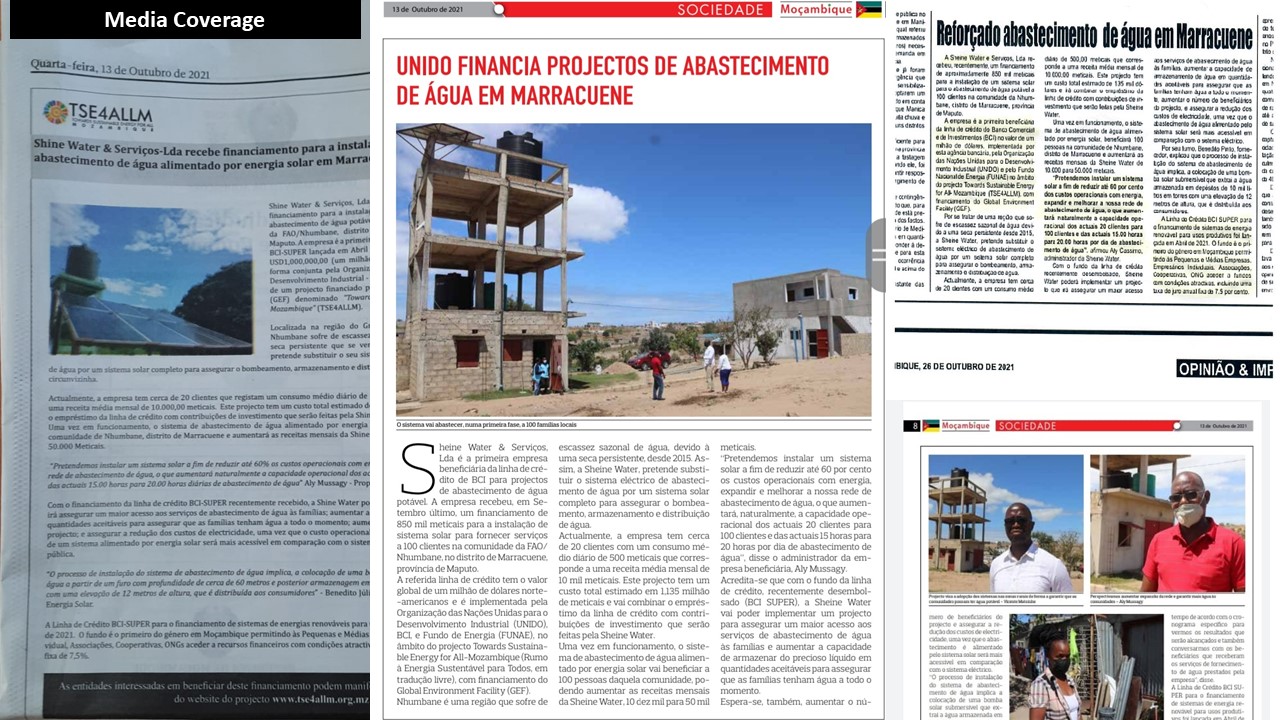

On 20th September the Government of Mozambique approved, in the Council of Ministers by Decree, the Regulation for Access to Energy in Off-Grid Areas. This regulation comes as a result of Government efforts that recognize the importance of the energy sector in catalyzing rural socio-economic development, leveraging private sector investment, and improving the conditions of millions of people.
“The approval of the regulations is timely! It is an instrument that will change the energy sector as the whole society is awakening and realizing the potential of energy for the whole country and at the same time a great incentive for the private sector in terms of boosting the generation and distribution of energy” - Vicente Matsinhe, National Coordinator,TSE4ALLM project
Read more here>>>> https://amer.org.mz/11633/
The Towards Sustainable Energy for All- Mozambique (TSE4ALLM) project applauds the government’s bold decision to approve the regulations as step toward ensuring universal access to electricity by 2030. The project continues to support the market-based adoption of integrated renewable energy systems by advocating for a conducive policy and regulatory environment that promotes the involvement of the private sector in the development of integrated Renewable Energy systems for rural areas.
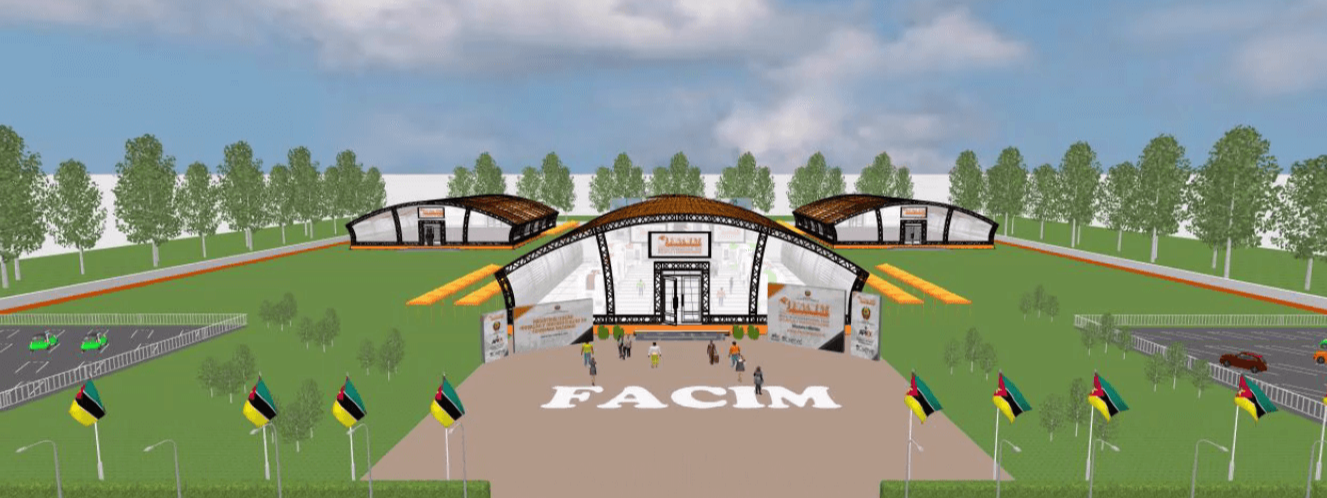
The Towards Sustainable Energy for All, Mozambique (TSE4ALLM) project was part of the 56th edition of the Maputo International Fair (FACIM) which was held from August 30 until September 5th at the institution’s premises in Ricatla, Marracuene district, Maputo province. The fair, which is the largest showcase of the country’s products and economic potential brought together 122 exhibitors Under the theme “Industrialization, Innovation and Diversification of the National Economy”.
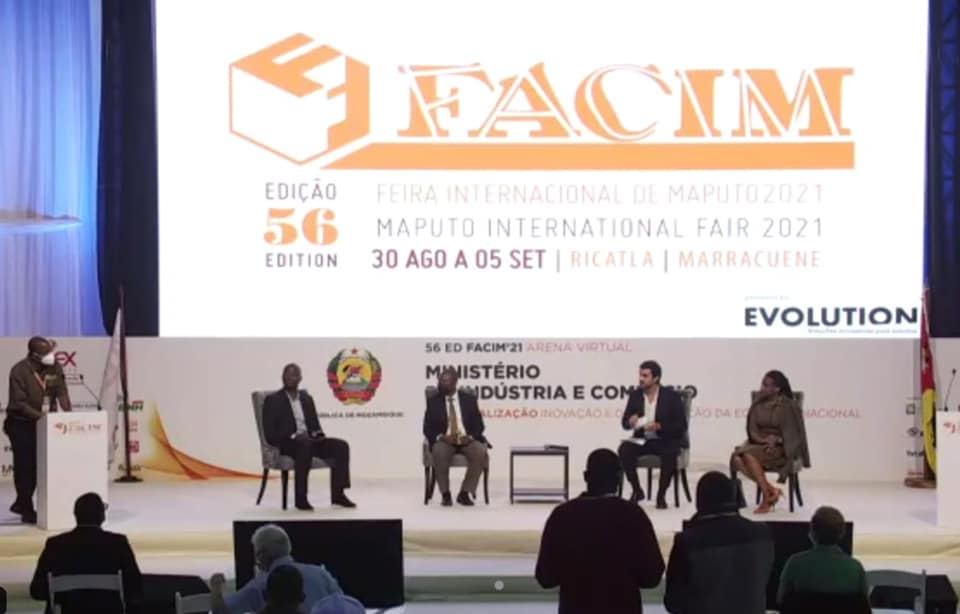
Hosted by APIEX, The Investment and Export Promotion Agency of Mozambique, TSE4LLM project representatives from UNIDO, FUNAE and BCI bank seized the opportunity to raise awareness about the BCI SUPER credit line and sharing generic technical requirements that must be included in the proposals submitted by the potential beneficiaries. The public had the opportunity to receive clarity about certain aspects related to access to the investment capital provided by the BCI-SUPER credit line

